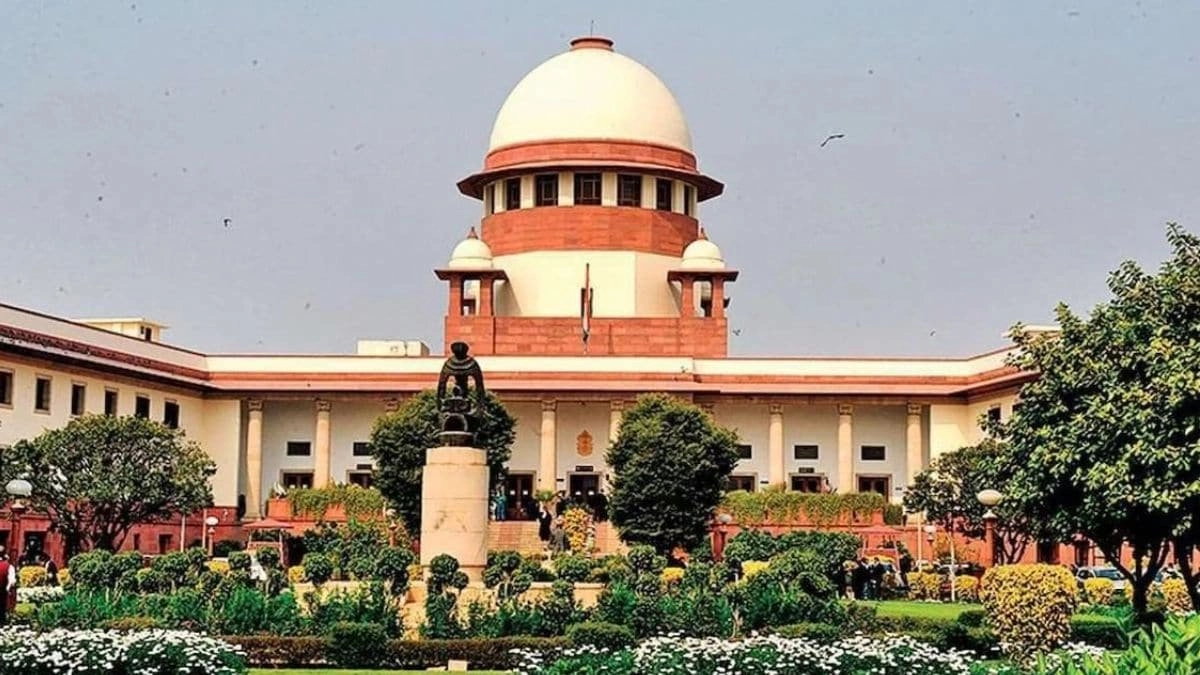In a recent ruling that has garnered attention, the top court delivered a sharp rebuke to a petitioner advocating for enhanced safety measures for tourists. The case raised significant questions about the underlying motivations of the petitioner, prompting the court to scrutinize not just the request for increased safety, but also the intentions behind it. This decision highlights the complexities involved in balancing legal advocacy with the genuine need for public safety, particularly in regions heavily reliant on tourism.
The petitioner argued that inadequate safety measures were putting tourists at risk, a claim that resonated with many who prioritize the well-being of visitors. However, the court’s response suggested that the petitioner’s real motives may not have been purely altruistic. Instead, the justices implied that there could be ulterior motives at play, questioning whether the push for safety was genuinely about protecting tourists or if it was driven by other interests. This skepticism reflects a broader legal principle: that the intent behind a petition can significantly influence its reception and potential outcomes.
Moreover, this ruling underscores the importance of transparency and integrity in legal petitions. When individuals or groups seek to influence policy or legal standards, the courts expect a clear demonstration of motive. In this case, the court’s decision serves as a reminder that advocacy must be grounded in genuine concern for public welfare rather than self-serving agendas. The implications of this ruling may reverberate through future cases, as it sets a precedent for how courts evaluate the legitimacy of petitions related to public safety and other critical issues.
As the dialogue around tourist safety continues, this ruling may also prompt stakeholders, including government officials and tourism organizations, to reassess their strategies for ensuring visitor safety. It suggests a need for a collaborative approach that prioritizes the welfare of tourists while also addressing the legal intricacies that govern such matters. Ultimately, the court’s decision raises essential questions about the intersection of law, motive, and public safety in a world where tourism plays a vital role in many economies.




